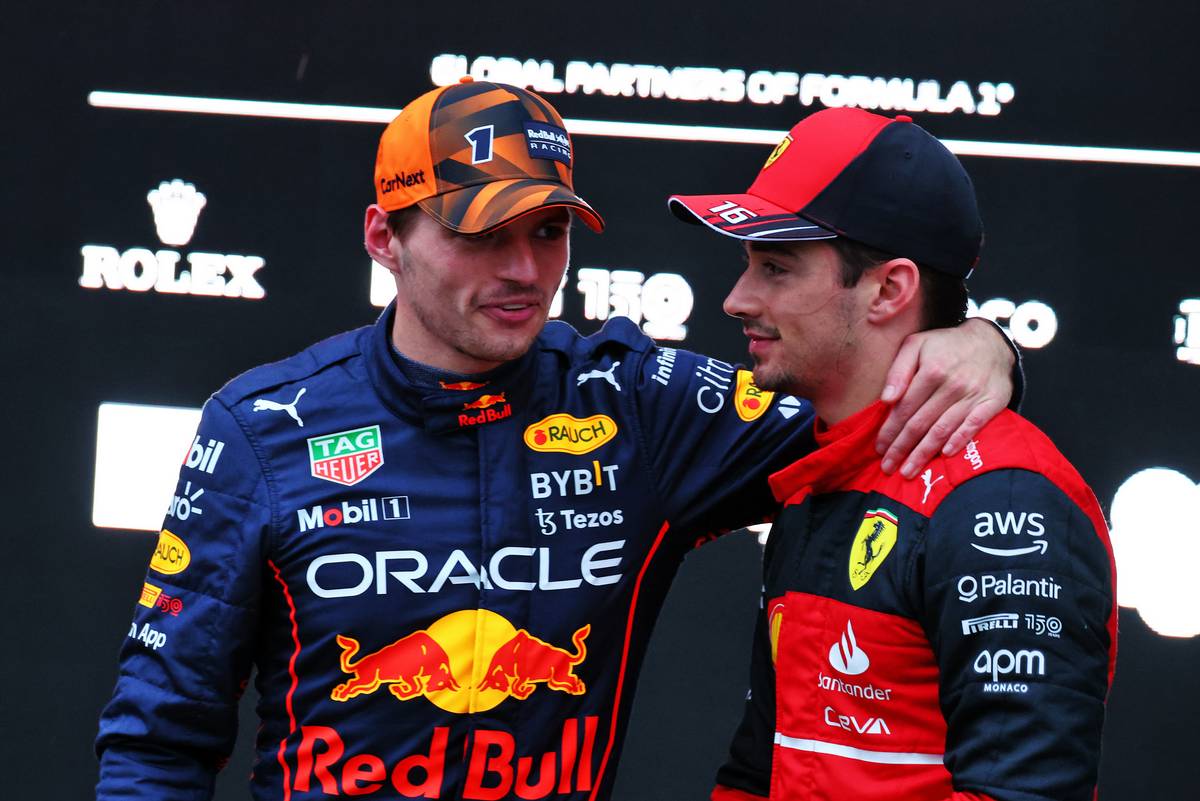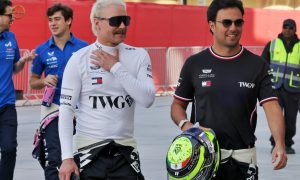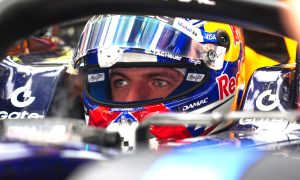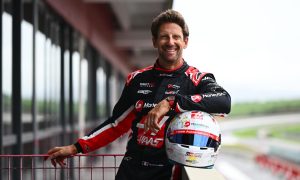
David Coulthard has defended Drive to Survive's often embellished or dramatised portrayal of Formula 1's drivers, insisting the Netflix series "wouldn’t be anywhere near as interesting" without some clever editing.
There is no contesting the massive success of DTS since its first season in 2018. The series' behind the scenes and 'fly on the wall' approach to chronicling the world of Formula 1 has been a recipe for success with the sport's fans.
However, reigning world champion Max Verstappen has been critical in the past of the creative licence taken by the producers of DTS whom he accused of fabricating "fake rivalries" and "hyping up" the narrative.
The Red Bull charger refused to take part in the series in the last few years, but F1 boss Stefano Domenicali finally convinced the Dutchman to lend his persona to DTS whose Season 5 will premiere next month on February 24.

Coulthard argues that DTS' editing that adds a spice of drama to events is a necessary ingredient to ensure the series' success.
"I do see an ongoing interest in this type of slightly not scripted but edited version of the reality, which some of the drivers spoke about," said the 13-time Grand Prix winner.
"They felt some of the conversations being placed in places they weren’t entirely happy about. But the reality is, if it wasn’t done like that, it wouldn’t be anywhere near as interesting and as fun and it’s part of the show, and it’s part of the entertainment.
"I don’t think anyone should be… unless you’re trying to rewrite history or you’re doing something which could be seen as illegal, I think that if it makes them seem more interesting than they are – because most of the drivers are bloody boring!
"To be honest – Netflix makes them seem quite interesting.
"It’s not like The Crown or something like that where you have to sort of start with season one, to really understand the journey. I think the nature of the sport is you can jump in at any point."
Coulthard highlighted how the timing of the series and its success has boosted F1's popularity globally, but especially in the US.
"Netflix came along at a horrible time for the world with the pandemic, but a brilliant time for F1 in terms of releasing that with a lot more eyeballs sitting around and watching people," explained the Scot.
"Especially in this emerging markets, like America, have really turned into F1. I think that is engaged with a lot of the younger generation in Europe that maybe we’d lost a little bit because F1 isn’t always the sort of lap for lap excitement.
“It’s more of a chess match than it is bang, bang, bang of on-track action. So anything that’s good for one of the biggest sports, which is in the case of motorsport, F1, I think has to be good for all motorsport, because everyone’s sort of tuning into to see what’s going on."
Keep up to date with all the F1 news via Facebook and Twitter







